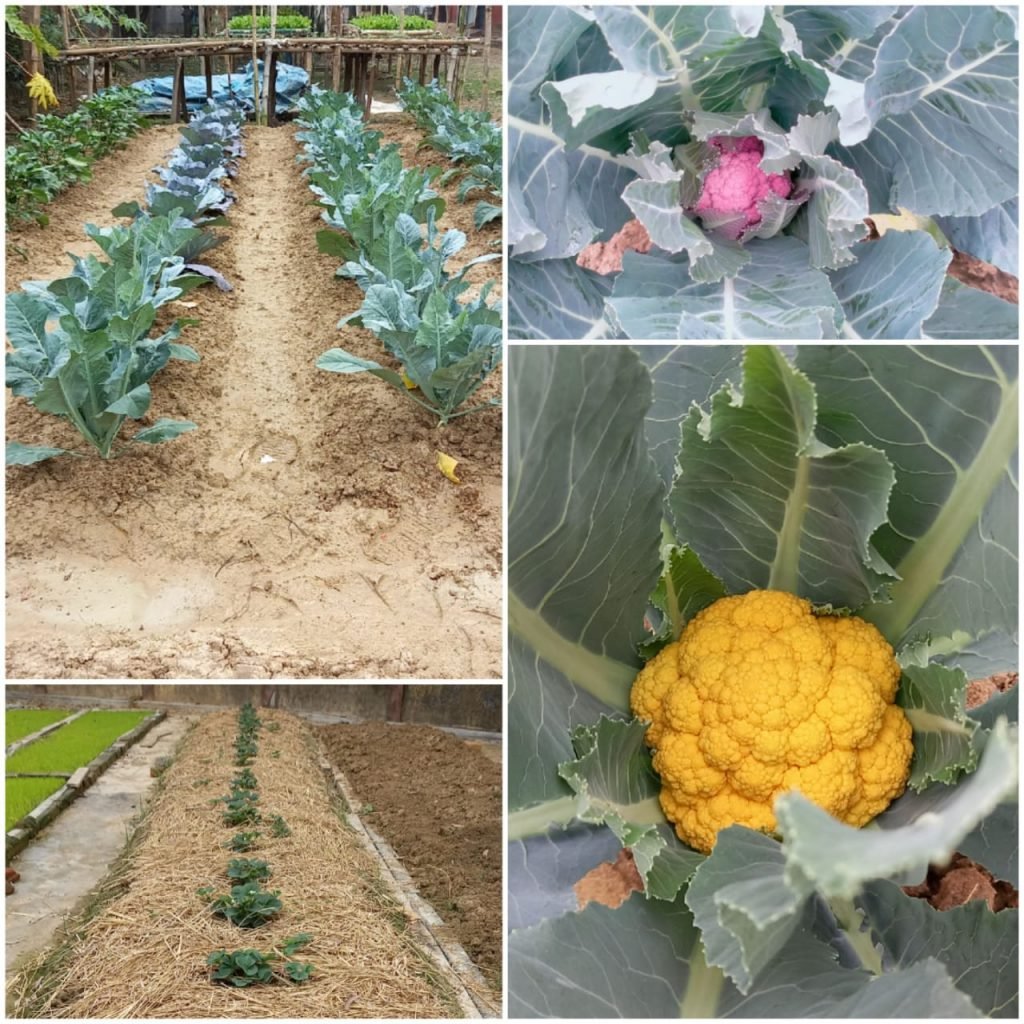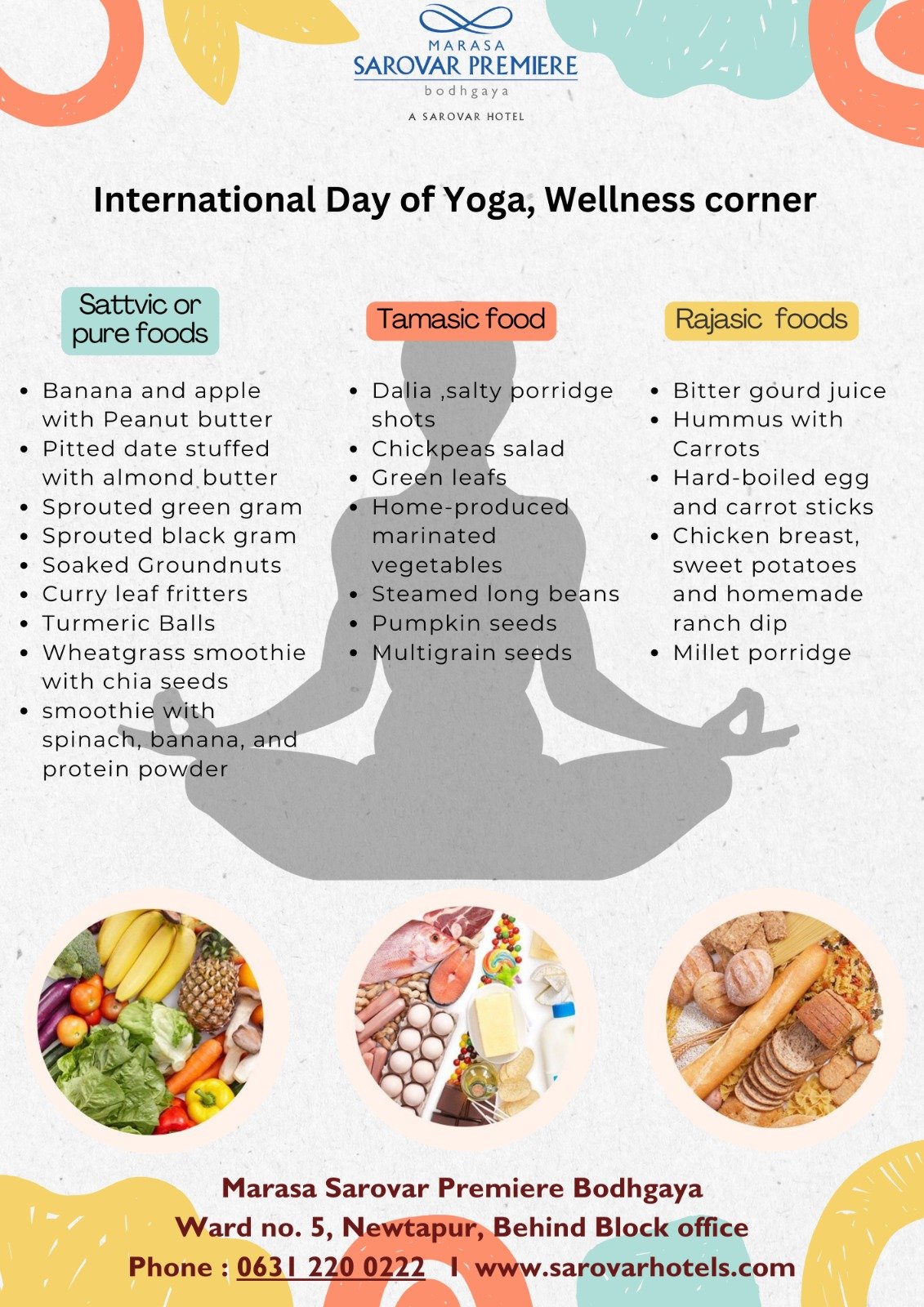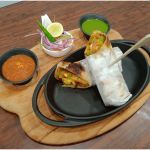By DEBAJYOTI CHAKRABORTY
KOLKATA, 1 JULY 2022

As modern India’s food and lifestyle habits change and the farmers switch to the new crop cultivation for higher return the country’s exotic fruit and vegetable markets are growing bigger and bigger day by day.
Eyeing the growing demand of 15% to 20 % per annum in the country, the farmers of many states are foraying into the exotic fruit and vegetable cultivation .
Though still the main buyers are the five star hotels, restaurants in upscale areas of the cities and the hosts of super markets.
The state of West Bengal is the largest producer of vegetables in India. The Indian fruits and vegetables industry is further expected to grow at a CAGR of 5 percent between 2022 to 2027 to reach a volume of almost 432 million tonnes by 2027, next only to China in the world.
The exotic vegetables are those vegetables that are cultivated in a land not native to the vegetable. The exotic fruits and vegetables which are of very high demand in the market are not native to India but their seeds are imported.
For instance Dragon fruits, which were introduced in India in the 1990s have become very much popular and are widely cultivated in West Bengal and throughout India these days.
The ever-expanding food and beverage industry in India is the key factor in the growth of the exotic fruit and vegetables market, experts said. “Earlier the five-star hotels and the posh restaurants were the sole consumers but nowadays Gen X people are inclining more towards continental cuisines thus spreading the market wider,” says Robin Ghosh, a motivational speaker, author, management and communication consultant, TV producer and director in Kolkata.
Besides the health and nutritional benefits of consuming these raw and cooked exotic vegetables and fruits for the health conscious people, the factor that is also contributing towards its cultivation is that it has higher profit compared to traditional vegetable or fruit cultivations and even farmers with marginal land holdings can cultivate.
Off-season vegetable cultivation includes tomato, capsicum, green peas, beans, cabbage, cauliflower, potato and cucumber while exotic fruits and vegetable cultivations comprise broccoli, lettuce, zucchini, cherry tomato, ‘bok choy’, Chinese cabbage, iceberg, celery, parsley, red cabbage and coloured capsicum, dragon fruit, avocado, kiwi, strawberry, seedless cucumbers etc.
“ In West Bengal exotic fruits are cultivated in Darjeeling, Siliguri etc and exotic vegetables throughout the state. An arm of the state panchayat department has already earned Rs.3 lakhs to Rs.4 lakhs selling the exotic fruits and vegetables from its own organically produced farms. In the years to come the cultivation and production will increase further,”said Soumyajit Das, special secretary of the panchayat department’s CADC unit.
In Himachal Pradesh, as per the ICAR and agricultural department report, farmers are earning between Rs.60,000 to Rs.2 lakhs per hectare compared to Rs.8,000 to Rs.10,000 from traditional crops.
“Farmers get Rs.10 only after selling a traditional vegetable like cauliflower for per piece whereas Rs. 20 for per piece for selling a broccoli with the same amount of labour and cultivation cost , so cultivating these exotic fruits and vegetables becomes profitable for both the farmer and the consumer,” says Soumyajit Das.
Earlier the high street restaurants and five star hotels in the cities used to import the exotic vegetables and fruits – salad leaves , european vegetables and fruits at a higher cost, but now they are getting these homegrown videshi products at much cheaper price, says experts of the food and beverages industry .
Farms catering the supply of these exotic fruits and vegetables have also mushroomed throughout the country.
The country’s young population these days have a trend of eating out with families on weekends, high disposable incomes , affinity towards continental cuisines leading to the boom in restaurant business throughout the country, both in metro and even in tier 2 cities.
Compared to the earlier import variety , the exotic fruits and vegetables are fresh and the quality is also good. The price of these exotic fruits and vegetables are at least 20% to 30% cheaper and are also easily available in local super markets.
The farmers are also being trained by experts and banks for cultivation of these exotic vegetables and fruits.

Advertisement:


































Add Comment